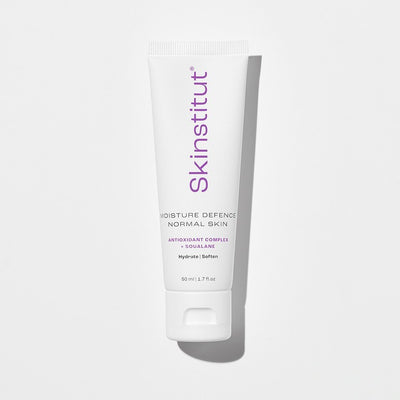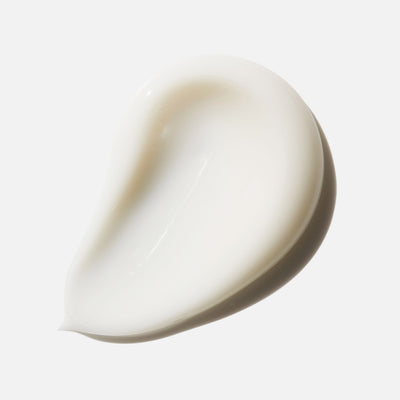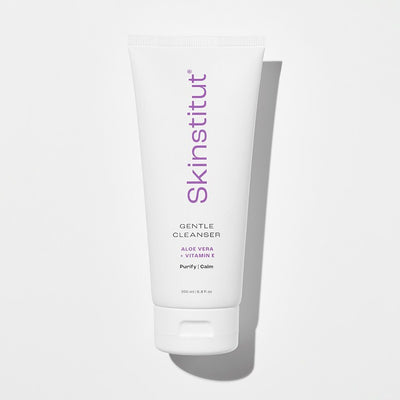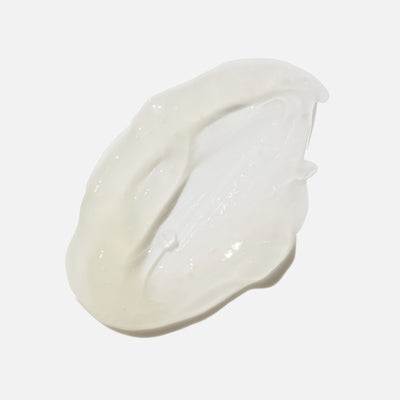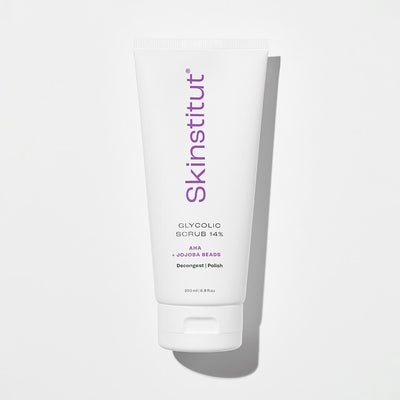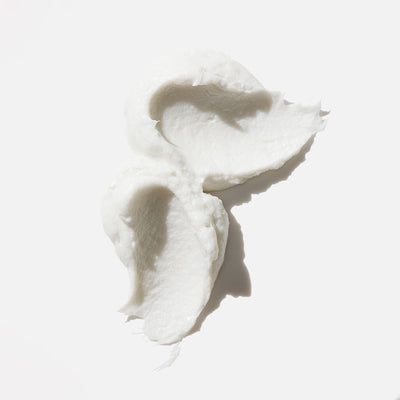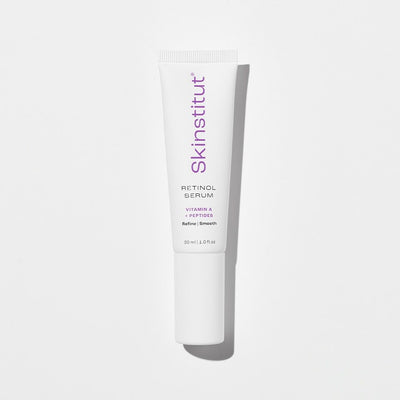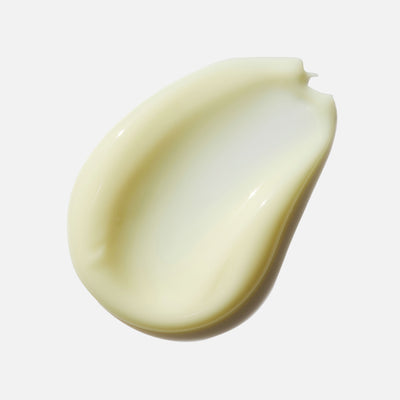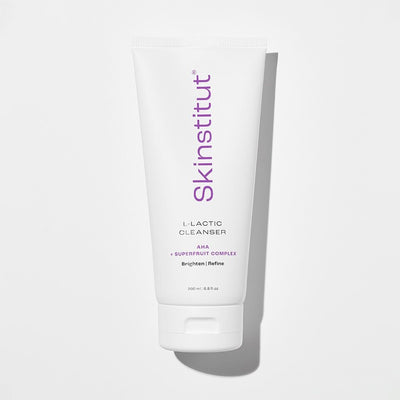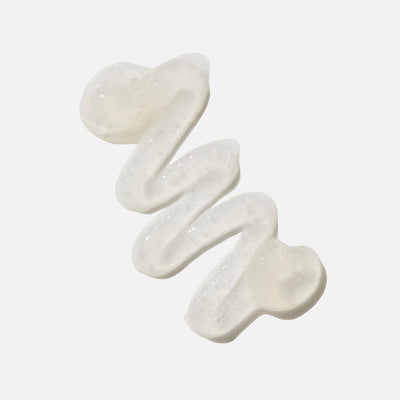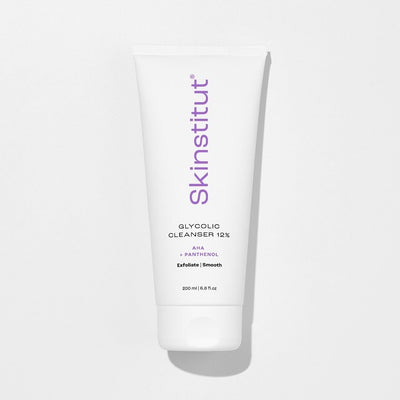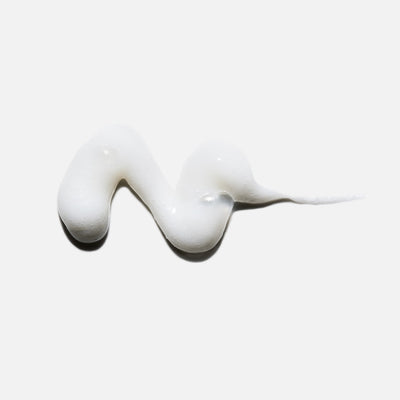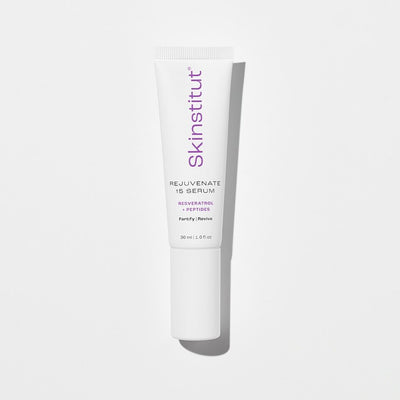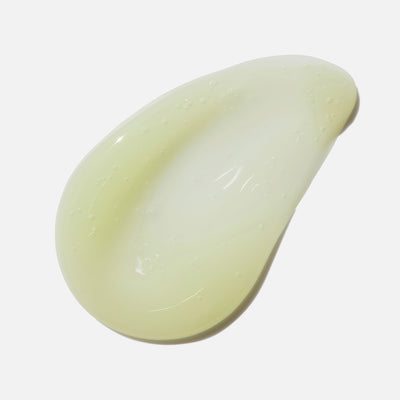Retinol is a hot topic in skincare, but it’s also an elusive one. We know it works, but how exactly? And more importantly, how should we be using it to improve the look and health of our skin?
So, we are diving deep on Retinol. We’re unpacking its benefits, weighing up the Retinol vs Retinoid debate, looking at the way it fits into the wider category of Vitamin A derivatives, considering natural Retinol alternatives, and delivering practical applications to ensure real, healthy skin.
Scroll down for the freshest skintel!
What Is Retinol?
Retinol is a mega-popular skincare ingredient, loved for its ability to improve complexion health on a biological level. Technically an antioxidant, Retinol is a derivative of Vitamin A and falls into the Retinoid ingredient category (more on this below).
When applied to the skin, Retinol undergoes a conversion into Retinoic Acid, which is the active form of the ingredient. This interacts with specific receptors in skin cells, initiating biochemical reactions that promote collagen synthesis, cell renewal and repair. The molecular structure of Retinol enables it to penetrate deeply into the skin, addressing concerns at a cellular level.
What Is A Retinoid? Is Retinol A Retinoid?
As briefly mentioned, Retinol belongs to the broader category of Retinoids; we like to think of Retinoid as the umbrella term for all Vitamin A derivatives. It includes both over-the-counter forms (like Retinol, Retinaldehyde and Retinol Esters) as well as prescription-strength options like pure Retinoic Acid (in Australia, you might know it as Tretinoin).
While Retinol needs to convert to Retinoic Acid within the skin, prescription Retinoids contain Retinoic Acid directly. The difference in strength can mean greater efficacy, but also an increased risk of side effects. That’s why pure Retinoic Acid requires a prescription and is typically used under the guidance of a doctor or dermatologist.
Over-the-counter Retinol is milder and suitable for beginners, and those with mild to moderate skin concerns. It’s the perfect happy medium, really!
What Are The Benefits Of Retinol?
Retinol boasts countless complexion benefits. Because it boosts cellular turnover, as well as stimulating collagen and elastin production, it’s an excellent anti-ager. With diligent use, it can soften the look of fine lines and wrinkles and improve overall skin tone and texture.
Retinol also aids in the treatment of acne by reducing cell build-up (one of the main causes of congestion is expired skin cells mixing with oil, which clogs your pores). Additionally, it fades hyperpigmentation, evens out skin tone, and imparts a radiant glow.
Basically, Retinol is the gold standard for so many skin concerns – and it’s safe to say we’re BIG fans.
What Is The Difference Between Retinol And Natural Alternatives?
Natural Retinol alternatives are big news in skincare. At Skinstitut, we favour clinically proven ingredients and real results, so we’ll always be on team Retinol. But we also understand that ‘natural’ options have their place, whether that’s for sensitive skin types, or for anyone who is pregnant or breastfeeding.
One natural option you might have heard of is Bakuchiol. Derived from the Babchi plant, there is some research that indicates this formulation stimulates collagen receptors, increasing skin smoothness. At Skinstitut, we also use Lanablue – a botanical form of Vitamin A derived from algae – in our Rejuvenate 15 Serum. While not quite as powerful as a Retinoid, it works to rejuvenate the skin, softening the look of fine lines. It’s very mild, and a safe alternative for those missing Retinol while pregnant or breastfeeding.
Should I Be Using A Retinol Serum?
If you want to firm fine lines, reduce wrinkle depth, clear up congestion, improve the look of pigmentation or just refine overall skin tone, you should absolutely be using a Retinol Serum. While it takes time (you should expect to see results in six to 12 weeks) Retinol is seriously effective at creating visible change in the skin.
We’ve Got Two Retinol Serums In Our Line-up:
Retinol Serum: This powerful formula repairs and renews all skin types. It’s lightweight, quickly absorbed and contains a 0.25% concentration of active encapsulated Retinol (fun fact: this is an optimal concentration for noticeable results, while encapsulation minimises the risk of side effects). There’s also Peptides to further support skin repair. It’s ace for every skin type, but especially normal to oilier complexions, acne-prone skin, or those affected by pigmentation.
Expert Reveal Retinol Face Oil: Unlike your traditional Retinol serum or retinol cream, this formula combines 0.9% active Retinol in a plant-oil base. What this means is all the benefits of Retinol – with deep nourishment. It’s a great choice for anyone with dry or mature skin, plus those who love the feeling of a face oil.
Enjoying the Retinol chat and want to understand more about how it works for acne-prone skin? Read our explainer right here.



